The #1 CRM for Managed Service Providers
Grow Your MSP with The Right CRM
Purpose built CRM MSPs rely on to close deals faster, automate proposals and manage every client relationship from first contact to contract renewal.
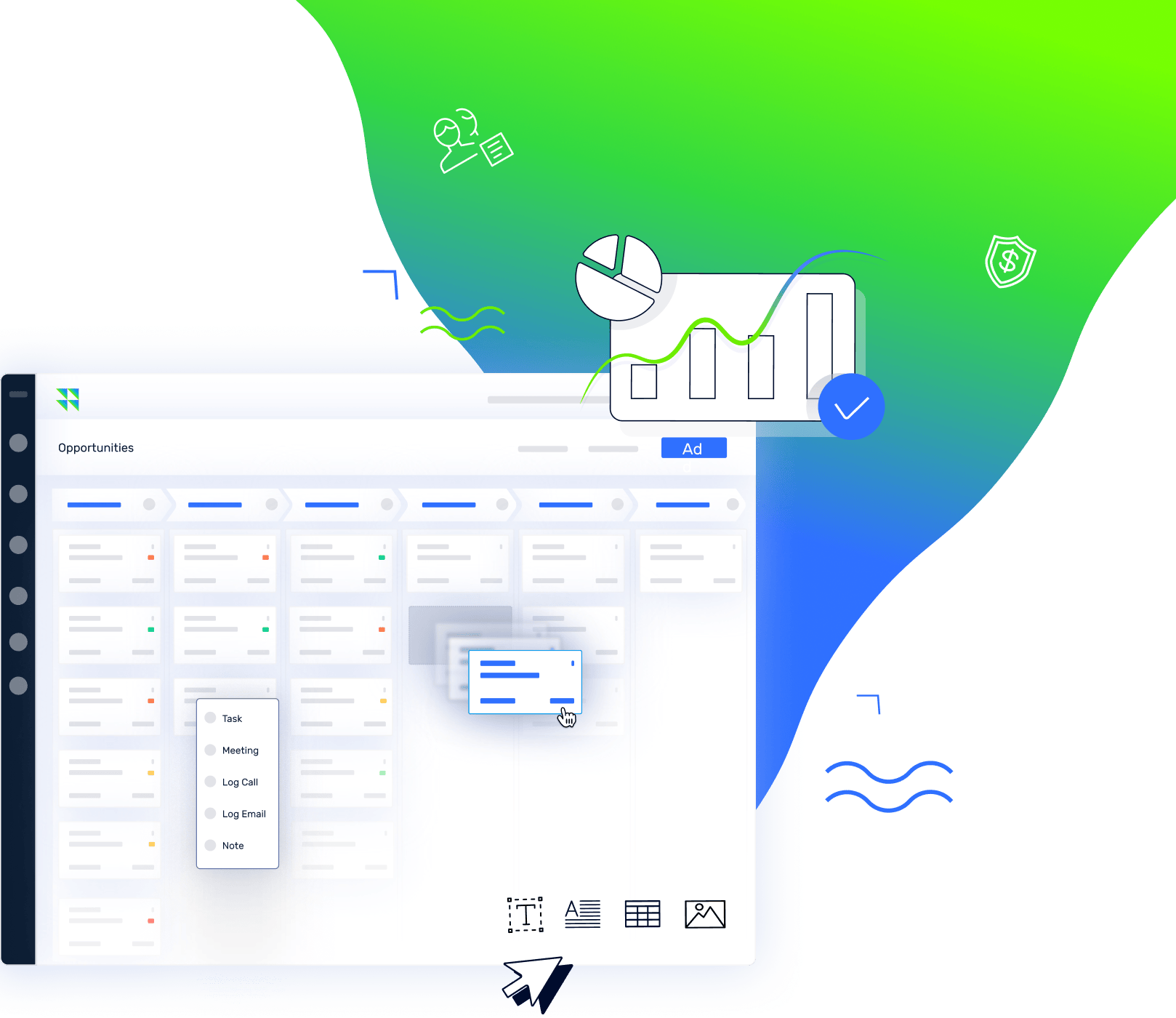
CRM for Managed Service Providers (MSPs)
Close more deals. Automate Sales. Deliver exceptional service.
Zomentum’s CRM for Managed Service Providers is purpose built to help MSPs sell smarter, grow faster and manage client relationships at scale.
What is a Managed Service Provider CRM ?
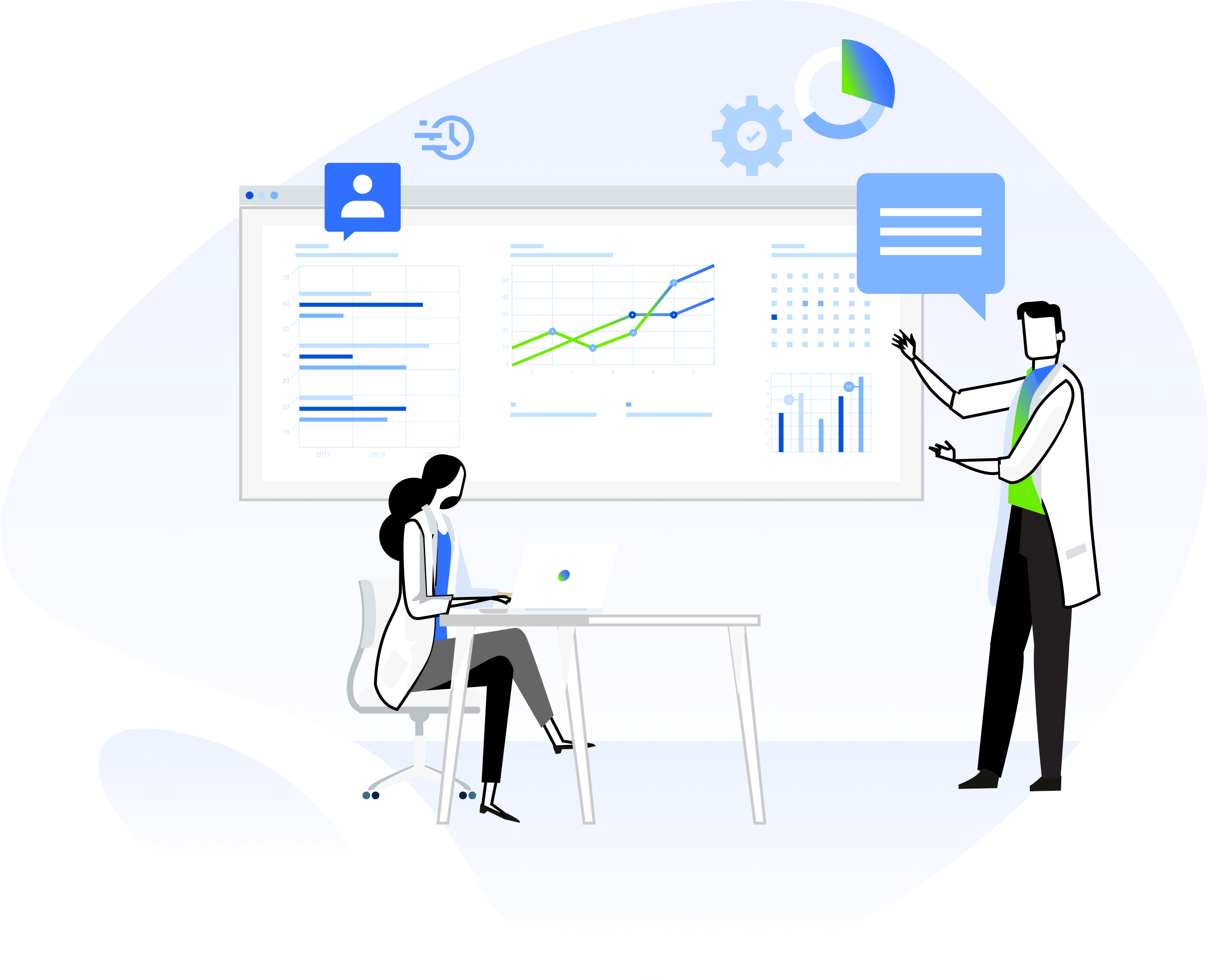

Why do MSPs need a dedicated CRM Solution ?
How a Managed Service CRM Boosts Sale Efficiency for MSPs
For managed service providers (MSPs), closing deals consistently is crucial to scaling revenue and building a sustainable recurring business. However, selling managed services isn’t just about quoting and following up; it's about building a process driven sales engine. This is where a purpose built CRM for Managed Service Providers becomes essential. Zomentum’s Managed Service CRM is designed to help MSPs automate workflows, streamline communication and optimize sales operations for maximum efficiency.
Use the Right CRM Built for MSP Sales
Not all CRMs are created equal. Zomentum offers a CRM MSP solution that’s tailored to the unique sales cycles of managed service providers.
Prioritize leads based on engagement, deal value and services needed.
Automate reminders and follow-ups so no opportunity goes cold.
Track previous conversations, quotes and customer interactions in one place
Enables managers to monitor sales performance, follow-ups rates conversion timelines.
Zomentum keeps your team organised, proactive and focused on the deals that matter most. Making it an ideal CRM for Managed Service Providers looking to scale.

Empower Sales Teams with Mobile Access & Remote Tools
Your sales rep are often out in the field, visiting clients or working remotely. With Zometum’s cloud-based Managed Service CRM, your team can stay productive no matter where they are.
Access contact details, contracts and quotes from any device.
Update deal structures and notes in real-time after client meetings
Quickly send proposals and track e-signature from mobile
Maintain secure access with enterprise grade security controls
Whether working from home or visiting client sites, Zomentum ensures your reps are always connected and ready to close.

Eliminate Time-Consuming Admin Work
MSP sales teams shouldn’t spend hours on manual data entry or juggling disconnected systems. Zomentum helps reduce non revenue generating tasks through automation and seamless integration.
Automatically log sales activities and deal progress
Sync lead and client data across PSA, quoting and billing tools
Use pre-built templates for faster proposal creation
Enables sales support staff to handle administrative follow -ups
By minimizing back-office tasks, Zomentum allows your sales team to focus on what they do best: selling managed services.

Track Sales Performance with Data-Driven Insights
You can’t improve what you can’t measure. Zomentum’s CRM for MSPs provides in-depth reporting and analytics that help managers coach teams, spot bottlenecks, and improve win rates.
Monitors KPIs like quote-to-close time, conversation rates, and deal velocity
Identify top-performing reps and replicate successful behaviors
Detect pipeline stalls and take corrective action early
Use visual dashboards for weekly sales reviews and forecasting
Zomentum turns your Managed Service Provider CRM into a strategic tool that drives accountability and growth across the sales team.
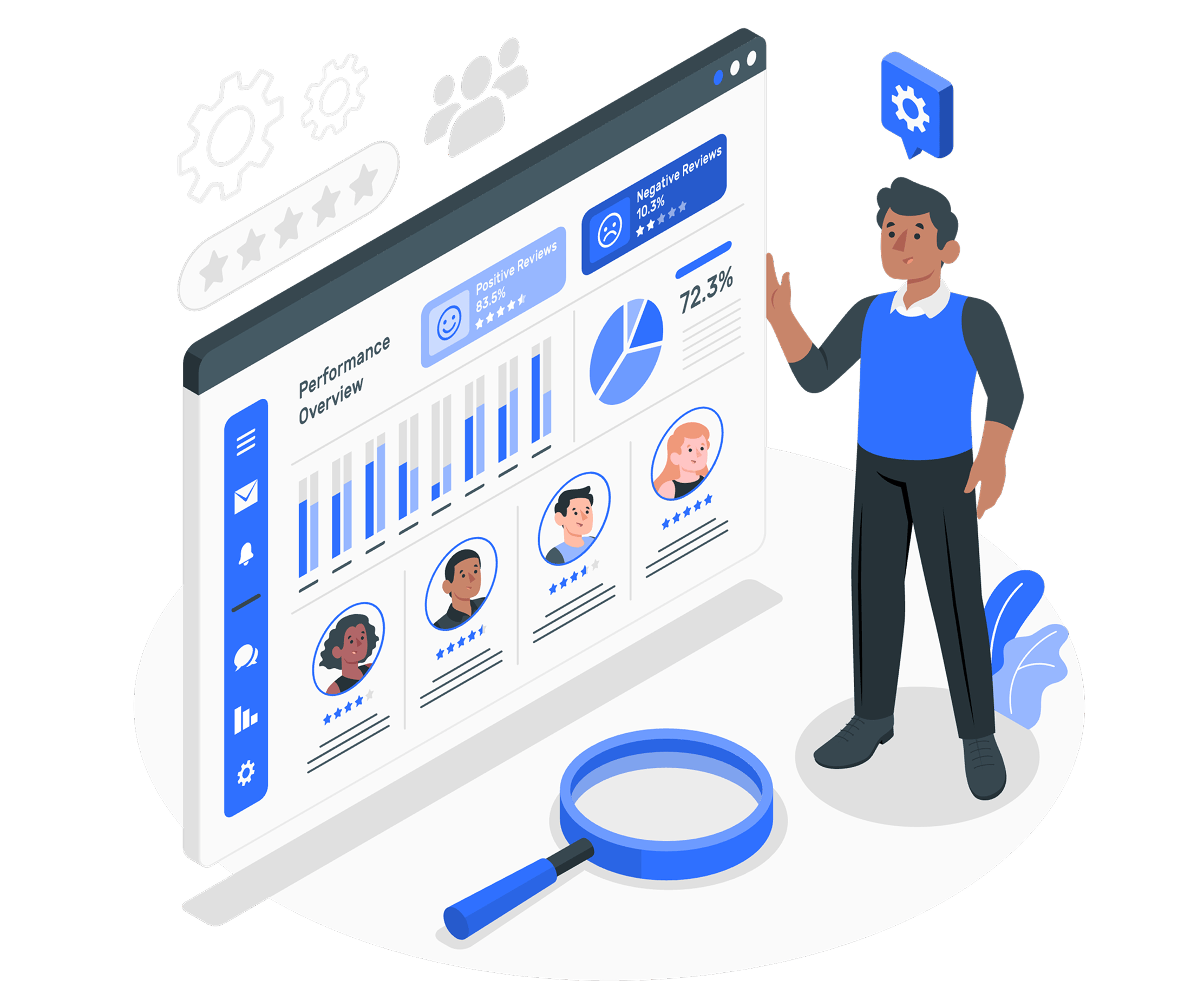
Built for MSP Sales: Tools You Actually Need in a CRM MSP
Zomentum’s CRM for Managed Service Providers isn’t just a generic CRM, it’s a purpose built for how MSPs sell, quote and grow. From managing recurring revenue to streamlining proposals, here are the essential tools every Managed Service CRM should offer.
Features That Matter in a CRM for Managed Service Providers
When choosing a Managed Service CRM, it’s essential to look for features that align with how MSPs sell, quote and manage client relationships. Zomentum’s CRM is purpose built for MSPs designed to automate processes, improve visibility and support recurring revenue models.
Sales Automation
Pipeline Management
Custom Reports & Dashboards
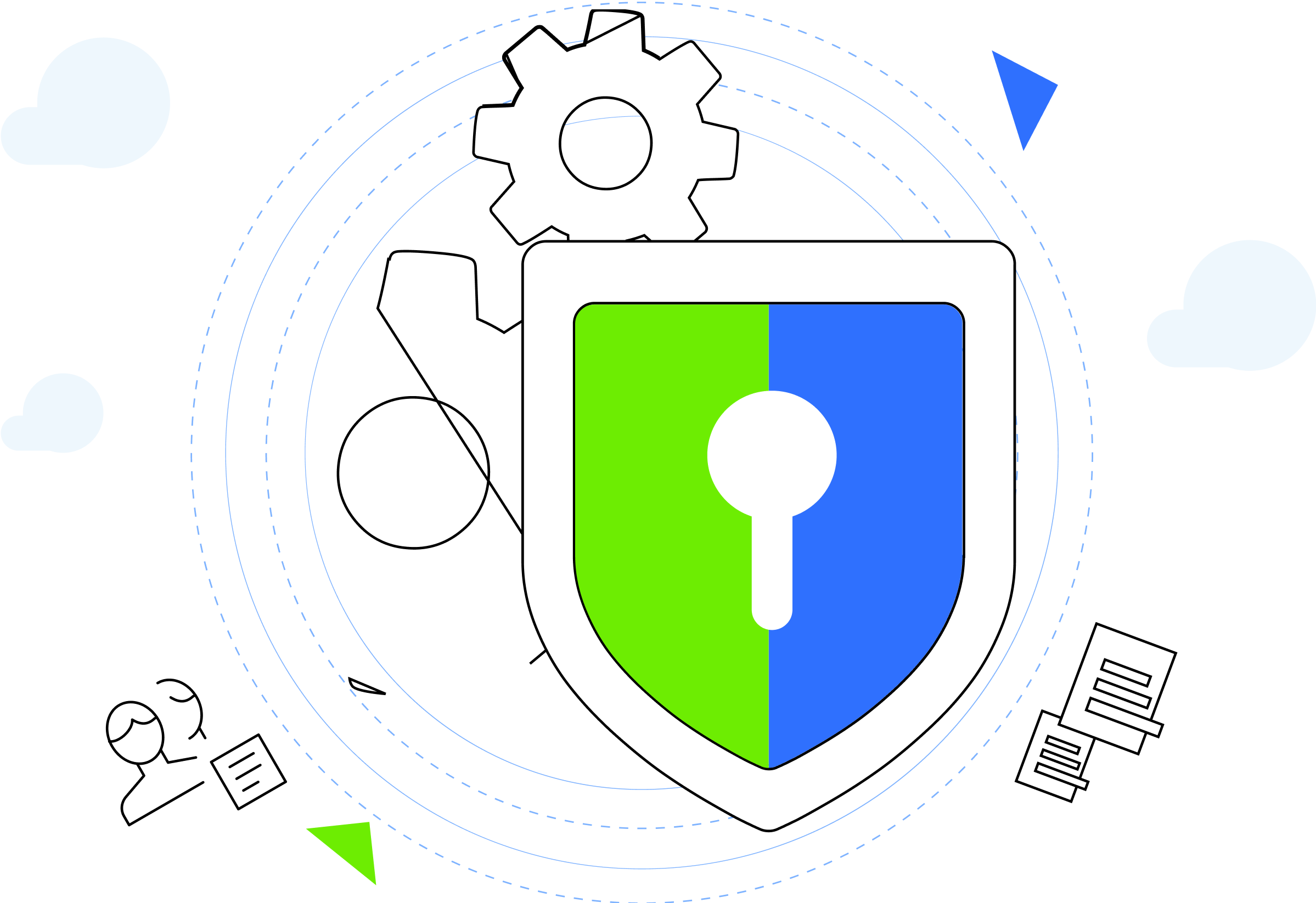
Security & Access Control
Cloud or On-Prem Deployment
Boosting Sales Efficiency with Zomentum's CRM MSP Tools
A CRM is more than just a digital Rolodex. It’s the heart of your revenue engine. For MSPs, having a purpose-built Managed Service Provider CRM like Zomentum helps eliminate inefficiencies, streamlines deals flow, and empower sales teams to focus on what truly matters in closing business.
Zomentum gives Managed Service Providers the complete toolkit to scale sales operations, improve conversion rates, and deliver a consistent experience across the entire client lifecycle. If you’re looking for a CRM MSP solution that actually drives growth. Zomentum is built for you.
The Future of CRM in Managed Services
As the MSP industry matures, the role of the Managed Service Provider is shifting from reactive IT support to strategic technology partner. Modern MSPs are expected to deliver proactive service, long-term value, and streamlined client experiences. To keep up with this transformation, MSPs need more than just a basic CRM. They need a CRM for Managed Service Providers that supports recurring revenue, seamless collaboration and client lifecycle management.
Zomentum’s CRM MSP platform is designed for the future of managed services helping providers scale operations, maximize revenue potential, and build lasting client partnerships.
Move from Reactive to Proactive Account Management
Zomentum enables MSPs to monitor deal history, contract renewals, and upsell opportunities in one place empowering teams to anticipate client needs and act before issues arise. This proactive model improves retention and increases average contract value.
Align Sales, Service, and Billing Teams
With Zomentum’s Managed Service CRM, all departments work from a single platform. Sales hands off accounts smoothly to service, finance has visibility into deal terms, and support can access client context all in one place.
Deliver Personalized, Automated Experiences at Scale
Leverage automation to spend personalised follow-ups, onboarding sequences, QBR reminders and contract renewals without lifting a finger. Zomentum helps you scale human-like service without headcount.
Prepare for Recurring Revenue & Project-Based Models
Whether you offer monthly retainers, usage-based billing, or fixed scope projects. Zomentum supports custom sales pipeline and integration that aligns with your business model. It’s the ideal Managed Service Provider CRM for modern pricing strategies.
Forward thinking MSPs aren’t just resolving tickets, they’re building long-term partnerships. With Zomentum’s CRM MSP solution, you’ll be ready to lead the next generation of managed services.
Final Thoughts: Why Your MSP Needs a CRM Now
In today’s competitive IT services landscape, the gap between high growth MSPs and those stuck managing spreadsheets and scattered tools comes down to one thing, the right CRM for Managed Service Providers.
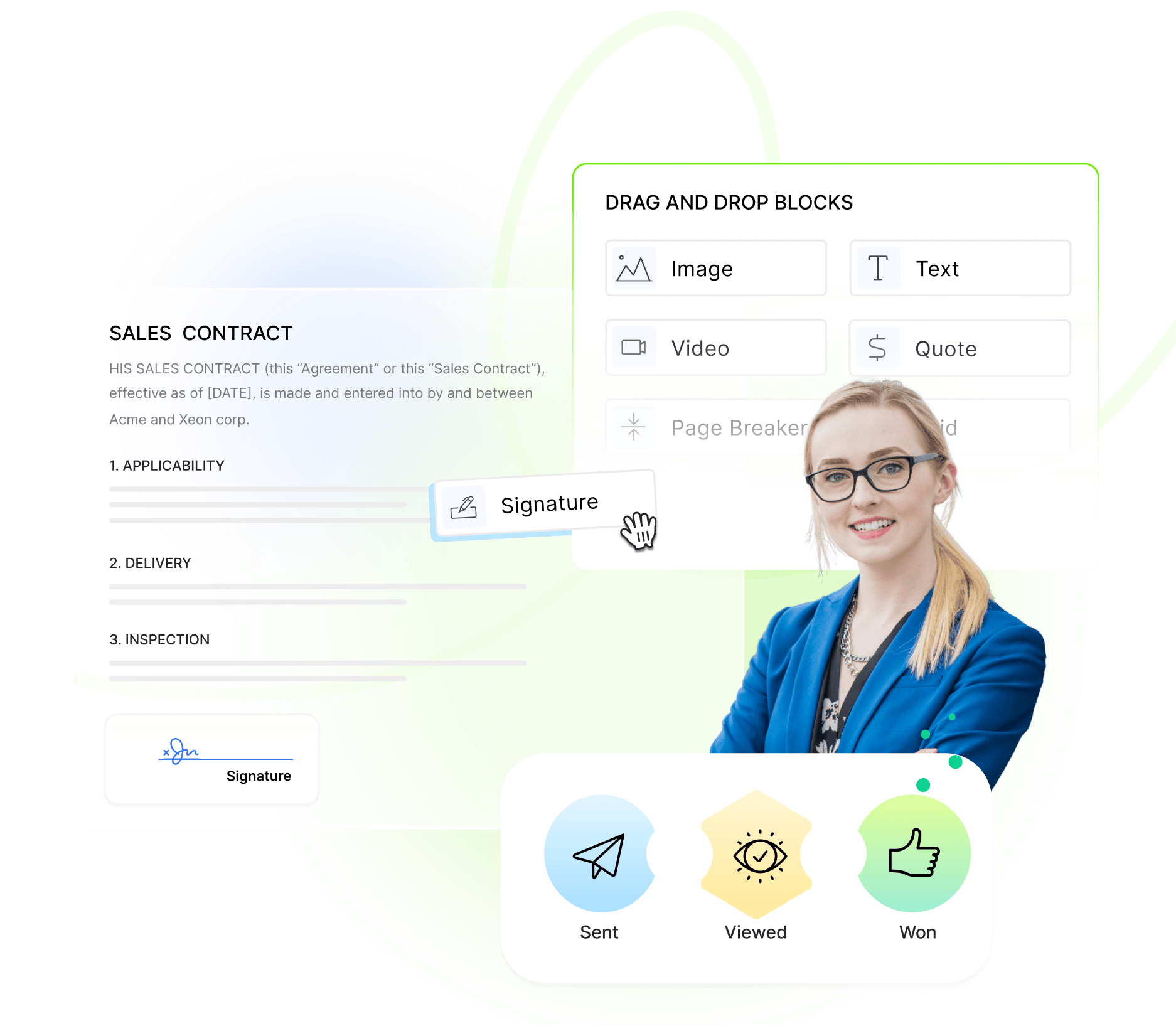
Discover a Platform Built for MSPs
Zomentum is the all-in-one CRM for Managed Service Providers that helps MSPs streamline sales, boost win rates and deliver consistent, scalable customer experience. Whether you’re looking to automate proposals, reduce lead leakage or manage recurring revenue with ease Zomentum is built for MSPs like yours.

Frequently asked questions
A CRM for Managed Service Providers is a sales and client management platform designed specifically for MSPs. It helps streamline the lead tracking, quoting, pipeline management and client communication all from one platform.
Generic CRM lacks the tools that MSPs need to quote services, manage recurring deals and automate sales follow-ups. Zomentum’s CRM for MSP Solutions is built to manage services helping them to close deals faster, automate admin work and grow recurring revenue.
Zomentum boosts sales by automating tasks like follow-ups, quote creation and deal tracking. With features like built in e-signatures and pipeline visibility. MSPs can shorten their sales cycles and increase win rates.
Yes. Zometum integrates with leading PSA tools like Connectwise and Autotask, as well as popular billing and quoting solutions, ensuring smooth information flows between sales, service and finance.
Absolutely. Zomentum supports custom sales pipelines for new deals, renewals, and upsells making it the ideal Managed Service CRM for MSPs focused on long-term client relationships.
Yes. Zomentum is designed to scale with your MSP. Whether you’re a solo provider or have a dedicated sales team, it helps you standardise processes, save time and grow revenue.
Zomentum goes beyond basic contact management. It combines quoting, e-signatures, pipeline automation, sales playbooks and lead nurturing into one unified platform built exclusively for MSPs.
You can book a free demo to see how Zomentum’s CRM for Managed Service Providers can transform your sales, quoting and client engagement processes.


































